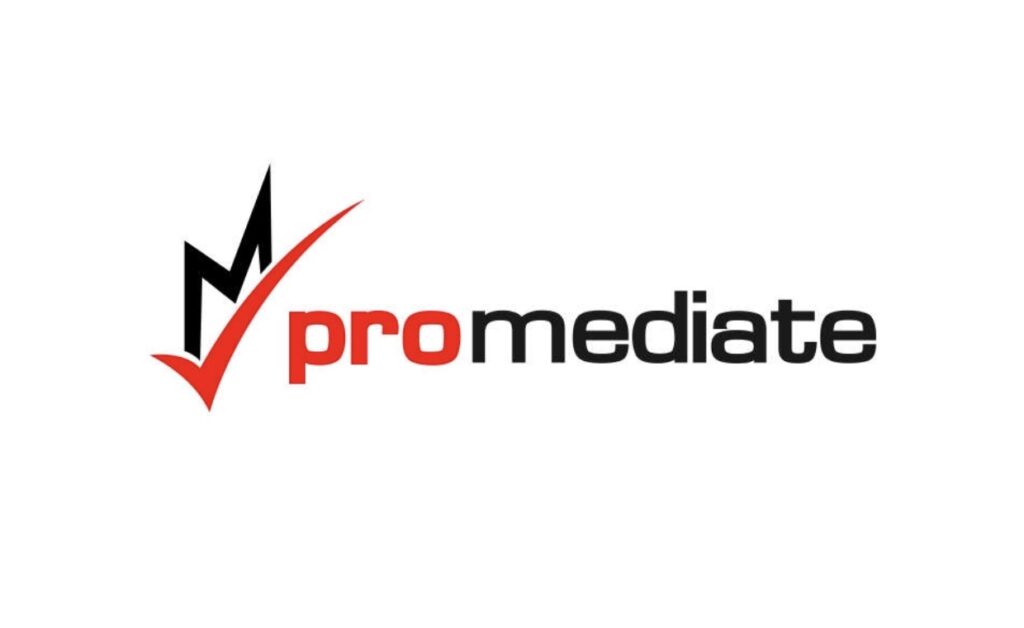The long awaited Civil Justice Council report into pre action protocols has been published.

You can read the announcement and Final Reporthere.
Details of the working group, consultation responses, and the Interim Report can be found on the CJC’s webpages here.
This recommends digitising the process and introducing a general pre action protocol. The idea is that following pre action protocols will become mandatory. This goes hand in hand with the proposal for mandatory mediation in small claims.
Pre action protocols set out the way parties are meant to deal with cases before bringing a legal claim. The idea is to reduce costs and avoid litigation by providing details of claims and any defences before starting a legal claim. This can also involve mediation and alternative dispute resolution. Obviously we recommend giving mediation a go!
The report says that “the digitalisation of pre-action processes has qualified support both from the respondents and from the WG itself, the crux of the qualification on full support being that any technological solutions must be properly resourced and not tend to exclude litigants in person (LIPs) or vulnerable/technologically disadvantaged people.”…
“The recommendations and guidance set out in this report are directed towards mandatory pre-action protocols (i.e. pre- action processes that can result in sanctions for non-compliance when litigation is formally commenced) regardless of whether parties comply with their protocol obligations through a mandatory portal or other method of communication. Formal oversight of voluntary portals will still be necessary, however, where rule makers deem participation in these portals sufficient to discharge a party’s pre-action obligations before commencing court action. The interaction between these voluntary portals and digital court processes will also need to be carefully managed to ensure their inter-operability. It is particularly important that any limitations in the technology used in portals do not undermine the functionality of digital court processes.
Other key recommendations of the WG, include:
i. The overriding objective should be amended to include express reference to the need to comply with, and enforce, PAPs.
ii. For disputes currently subject to the Practice Direction on Pre-action Conduct, there should be a new General Pre action Protocol as a PD to CPR Part 1 and a new PAP for small claims worth £500 or less. The second phase of this review will consider whether any other litigation currently covered by the PD-PAC should be the subject of a bespoke PAP, including high value commercial litigation.
iii. The new General PAP should include:
- A requirement for defendants to provide an acknowledgement of a pre-action letter
of claim within 21 days which confirms whether the defendant is the right entity for the claim, the details of any insurer on risk for the claim, and what additional information the defendant needs to provide a full reply to the pre-action letter of claim. The defendant must provide a full response within 90 days of receipt of the pre-action letter of claim.
- Further guidance on the meaning of “key documents” that must be disclosed by the parties.
- An obligation to engage in pre-action dispute resolution, with a default obligation to hold a confidential pre-action meeting if the parties cannot agree on an appropriate dispute resolution process.
- An obligation to complete a joint stocktake report setting out the issues on which the parties agree, the issues on which they disagree and the reasons for the disagreement, and the documents the parties are still seeking disclosure of.
- Clearer guidance, especially for the benefit of LIPs, about the role of PAPs in the litigation process, the need to act reasonably and proportionately in engaging with PAPs, and the consequences of failing to do so, including potential criminal consequences for dishonesty.
iv. There should be clearer processes and guidance for raising and resolving disputes about compliance with PAPs.
v. The procedures for costs only proceedings under CPR 46.14 should be streamlined to allow for quicker summary or provisional detailed assessment. Whether there should be a new procedure for resolving costs liability disputes for claims that settle at the pre- action stage should be decided on a litigation specific basis – i.e., it should be introduced in areas where there is a likely need for such a procedure.
vi. Responsibility for governance of pre-action portals should be given to the new Online Procedure Rules Committee, and HMCTS and MOJ should explore the feasibility of developing a general pre-action portal (limited to carrying out the PAP steps in the General PAP and Lower Value Small Claims PAP). Ideally, such a portal would be linked to relevant existing general claims portals including Online Civil Money Claims (OCMC) and Damages Claims Online.
vii. Parties who have complied with the General PAP or the Lower Value Small Claims PAP should be allowed to rely on their pre-action letters of claim and replies, and/or joint stocktake report, as their formal pleadings in litigation between them. Parties would be free to file conventional pleadings if they prefer that option, and the court would have discretion to order conventional pleadings or further particulars where appropriate.
